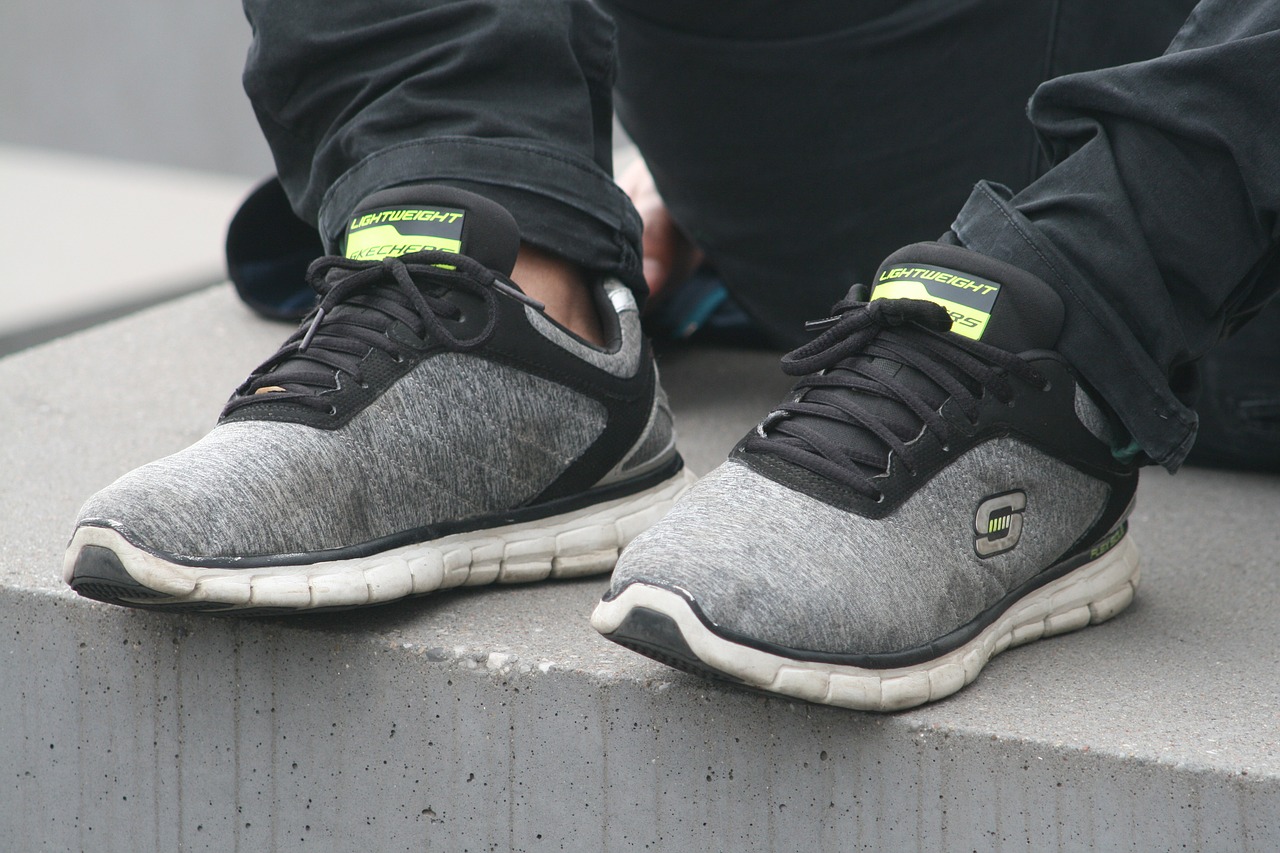Biogen has been a top dog in the multiple sclerosis treatment field for decades. The pharmaceutical giant developed Avonex (interferon beta-1a), approved in the U.S. in 1996 as one of the first disease-modifying therapies (DMTs) for MS. I remember how excited I was to be participating in its Phase 3 clinical trial. “Finally, there’s a medication that might stop my MS,” I thought.
MS medications, such as Avonex, have long been some of Biogen’s top revenue producers. According to BioSpace, last year, Biogen’s MS business earned $5.43 billion — nearly 68% of the company’s annual revenue.
BioSpace also reports that Tysabri (natalizumab) was the company’s best moneymaker, earning more than $2.3 billion in 2022. It was followed by Tecfidera (dimethyl fumarate), with more than $1.4 billion in sales. Vumerity (diroximel fumarate), Plegridy (peginterferon beta-1a), and Fampyra (fampridine) — which Acorda Therapeutics markets as Ampyra (dalfampridine) in the U.S. — accompany Avonex on the roster of Biogen’s MS medications.
Biogen layoffs
You’d think with a hefty stable of MS treatments like that, a layoff wouldn’t be in the cards. But The Boston Globe and other news organizations are reporting that there’s been one, and it includes people working on the MS treatment team. Matt Winton, who’d been a senior vice president and head of that team, confirmed his departure on LinkedIn late last month.
Biogen’s MS treatments, especially Tecfidera, have been facing competition from generics. In October, the U.S. Supreme Court refused to hear an appeal seeking to reinstate the company’s patent for Tecfidera. And according to Yahoo, Tysabri’s sales are being threatened by a possible biosimilar that is now being tested and could be approved in the U.S. and Europe later this year.
Costs are high and sales are dropping
The Boston Globe story quotes Biogen CEO Christopher Viehbacher as telling investors last February that the company “has a cost base that is probably higher than most of its peers, and we need to think about that much more systematically.”
He acknowledged that its MS treatments are “a declining revenue base” and said Biogen would be making “a shift in resources” to other medications, such as a recently approved Alzheimer’s drug and an antidepressant that’s in the approval pipeline. But, competition isn’t new for Biogen’s MS treatments. I was writing about it almost seven years ago.
Will the layoffs affect people with MS?
Biogen hasn’t said how many of its workers have been laid off, but I hope these departures won’t affect the company’s MS research or its commitment to MS treatments. Two of its DMTs, Avonex and Tysabri, have helped hold my MS in check over the years. I’m grateful that they were available.
I’d hate to see Biogen move away from the significant attention it’s paid to MS for some three decades.
(A version of this post first appeared as my column on the MS News Today website.)



